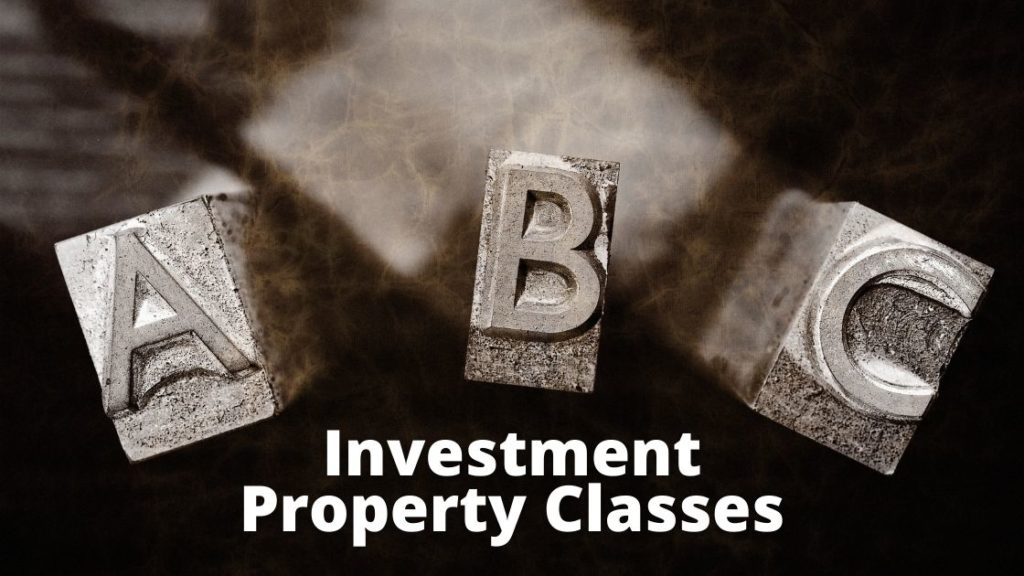
There’s a wide range of investment properties on the market. Properties are grouped into classes (A, B, or C) to identify their characteristics and level of investment risk and return on investment. Understanding these classes can help you select the right properties and, more importantly, to diversify your portfolio. Here’s an overview of multi-family investment property classes.
Class A Investment Properties
Class A properties are considered high end. They are newer buildings or older buildings that have been significantly modernized. They generally command higher rents because of their condition and amenities. Class A properties are often located in better neighborhoods as well.
For all of these reasons, Class A properties are higher-priced than the other classes. The higher price comes with lower maintenance costs and higher rents. However, this also means that any vacancies will be more impactful on cash flow.
Class B Investment Properties
As you might expect, class B properties are one step down from class A. Buildings may be slightly older and in need of some repairs. Rents are mid-range and neighborhoods can vary. This is one of the most easily bought and sold multi-family property classes. They are a middle ground between the high cost of Class A properties and the high improvement costs of Class C properties.
Class C Investment Properties
Class C investment properties are older buildings in need of capital improvements. They may be located in lower rental markets. Given the required investment and additional risk, Class C properties are generally lower-priced. However, they also have the greatest potential. With improvements, they could be turned into Class B or Class A investment properties.
Which Multi-family Investment Property Classes Are Ideal for You?
Multi-family investment property classes are a reflection of risk and return. The needs and preferences of every investor are different. First time multi-family investors might focus on Class A properties given the lower risk. More experienced investors may take higher risks in Class C properties for greater potential returns. As your portfolio grows, it’s ideal to have properties of varying classes. If you aren’t sure what property classes are right for you, schedule a consultation with a real estate agent in our network. As seasoned multi-family experts, they can help you evaluate options in different markets throughout Massachusetts.


